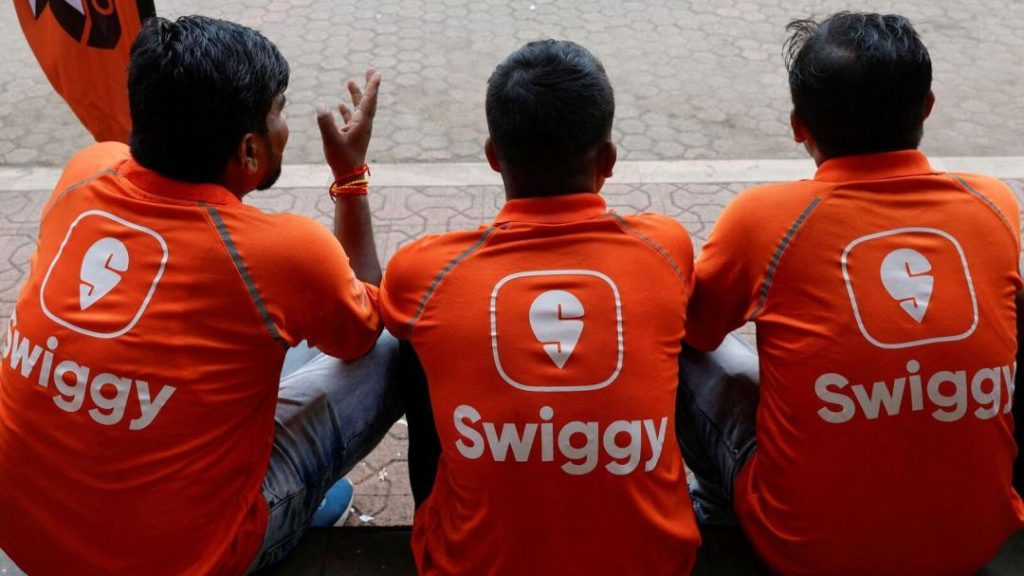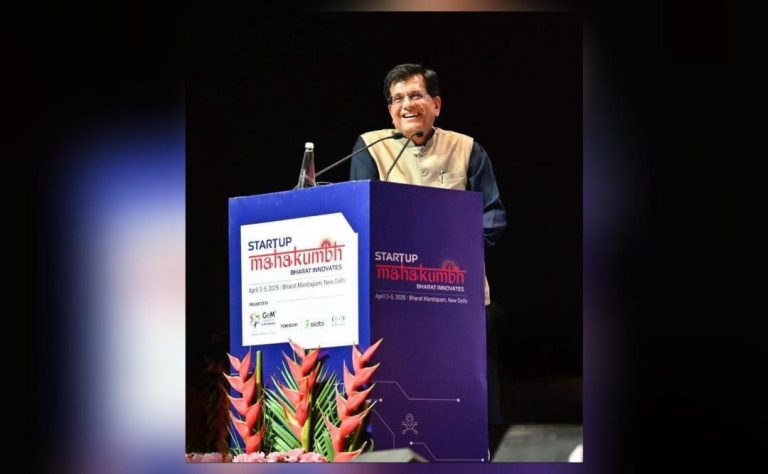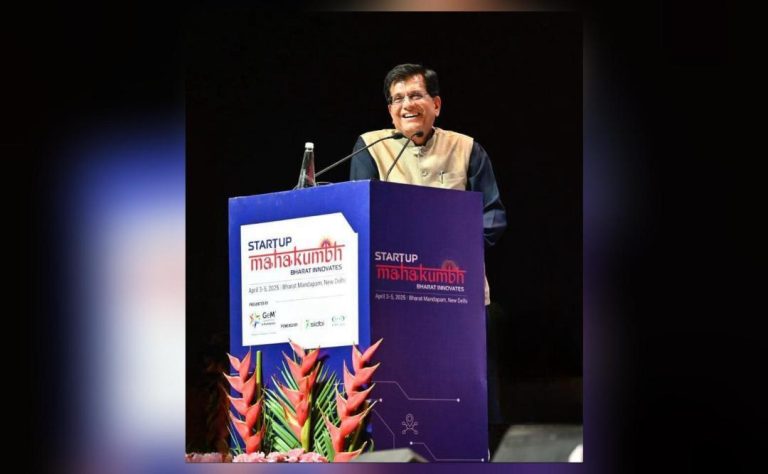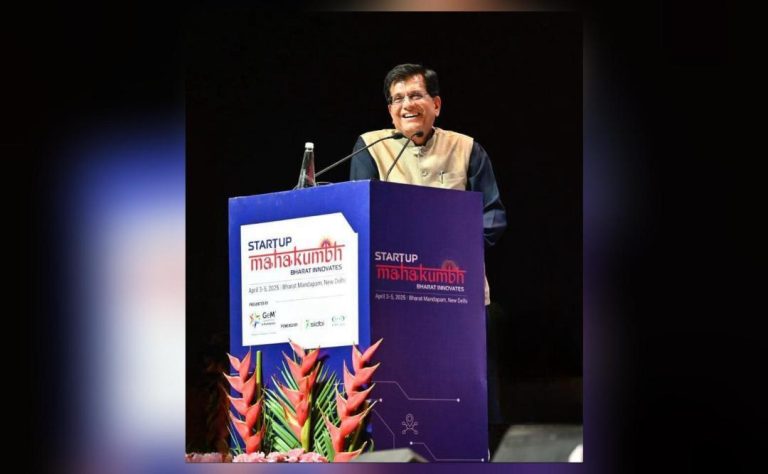
Swiggy Faces ₹158 Crore Tax Demand Over Cancellation Fees
In a recent development, Swiggy, the popular food delivery platform, has been slapped with a whopping ₹158 crore tax demand for the fiscal year 2021-22. The demand is allegedly related to the cancellation fees paid to its merchants. According to sources, the Bengaluru-based company plans to appeal against the demand, citing a misunderstanding of tax provisions.
The tax demand is a significant blow to Swiggy, which has been expanding its operations rapidly in recent years. The company has been successful in establishing itself as one of the leading food delivery platforms in the country, with a strong presence in major cities such as Delhi, Mumbai, and Bengaluru.
The tax demand is reportedly related to the cancellation fees paid to merchants by Swiggy. The company’s business model relies on charging customers a cancellation fee in case they cancel their orders after a certain period. This fee is then passed on to the merchants as a deduction from the total amount due to them.
However, the tax authorities have taken the view that the cancellation fees paid to merchants are taxable as income, and therefore, the company is liable to pay taxes on these amounts. This has led to the ₹158 crore tax demand, which is a significant amount considering Swiggy’s revenue for the fiscal year 2021-22 was estimated to be around ₹4,000 crore.
Swiggy’s appeal against the tax demand is likely to be based on its claim that the cancellation fees paid to merchants are not taxable as income. The company may argue that the fees are merely a deduction from the total amount due to the merchants, and therefore, do not constitute taxable income.
Experts suggest that the case may set a precedent for how cancellation fees are taxed in the evolving digital economy. The tax authorities’ stance on the matter may have implications for other companies operating in the food delivery and e-commerce space, which also charge cancellation fees to customers.
The tax authorities’ demand may also be seen as a cautious approach to ensure that companies operating in the digital space pay their fair share of taxes. With the rapid growth of e-commerce and digital payments, the tax authorities are likely to be more vigilant in ensuring that companies comply with tax laws and regulations.
In recent years, there have been several instances of tax authorities demanding taxes from e-commerce companies, including food delivery platforms, over alleged violations of tax laws. In some cases, companies have been forced to pay significant amounts of taxes, which has had a significant impact on their profitability.
The Swiggy tax demand is likely to be a significant challenge for the company, which has been expanding its operations rapidly in recent years. The company may need to review its business model and ensure that it complies with all applicable tax laws and regulations.
In conclusion, the Swiggy tax demand is a significant development that is likely to have far-reaching implications for the food delivery and e-commerce space. The company’s appeal against the demand is likely to be closely watched, and the outcome may set a precedent for how cancellation fees are taxed in the evolving digital economy.
Source: https://ascendants.in/industry_events/swiggy-rs-158-crore-tax-demand/






